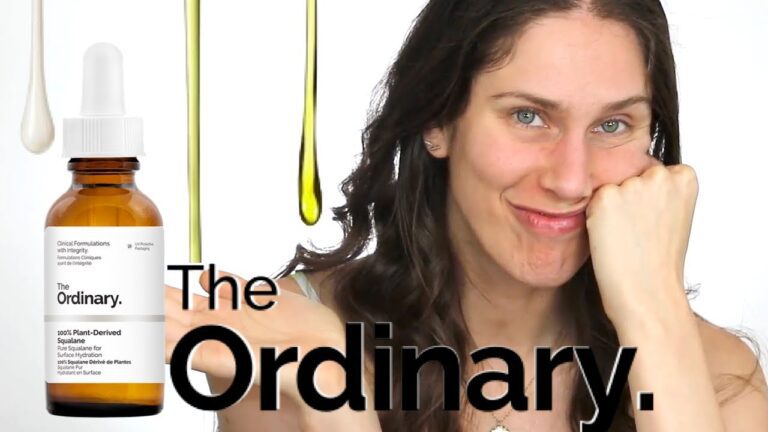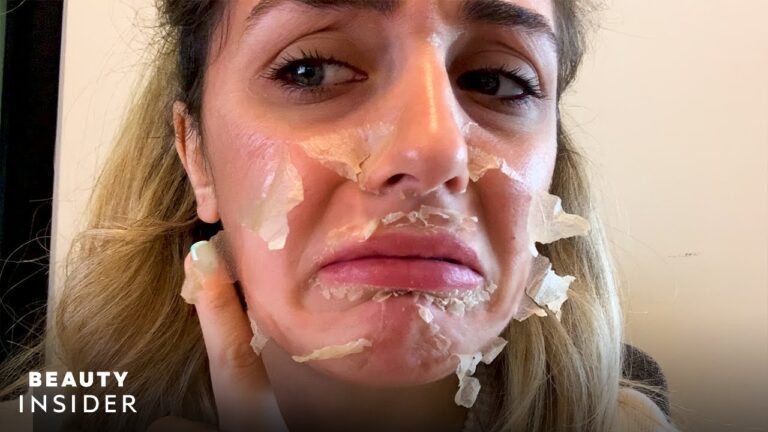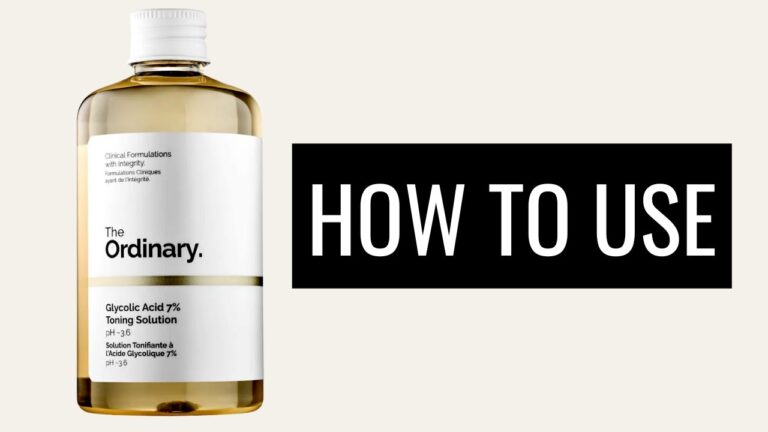Ultimate Guide to Understanding and Treating Seborrheic Dermatitis
If you’re someone who’s familiar with the term seborrheic dermatitis, you know just how distressing the condition can be. It is a skin condition that manifests in the form of itchy, red, and flaky patches on the scalp and face, more commonly known as dandruff. It’s a common problem, and it isn’t an infectious disease, but it can be severe and persistent.
Causes of Seborrheic Dermatitis
Seborrheic Dermatitis is caused by a yeast called malassezia which lives on the scalp and thrives in an oily environment. When the yeast grows out of control, it triggers inflammation on the scalp and face, resulting in white or yellow flakes accompanied by red, itchy skin. Other possible causes include:
- Stress
- Weather changes
- Genetics
- Hormonal changes
- Use of harsh hair care products and certain skincare products
- Medical conditions such as Parkinson’s disease and HIV
Precautions to Take
If you have been diagnosed with Seborrheic Dermatitis, here are a few precautions you should take:
- Avoid any hair and skincare products that contain alcohol or sulfates.
- Avoid scratching your scalp and face even if it’s itchy, as it might worsen the inflammation.
- Limit your time in the sun, as excessive sun exposure can also trigger inflammation.
- Cleanse your skin and scalp regularly, but don’t overdo it. Gentle cleansing should be enough.
- Seek medical advice if the condition persists or if you are unsure about anything.
Skincare and Haircare Products for Seborrheic Dermatitis
Avoiding certain hair care and skincare products that contain alcohol and sulfates is imperative if you have Seborrheic Dermatitis. Instead, go for products that are gentle and have anti-inflammatory and anti-fungal properties. Here are some products that can be helpful:
- Neutrogena T/Gel Therapeutic Shampoo: This shampoo contains coal tar, which helps to reduce inflammation and itching. It is also free from sulfates and parabens, making it gentle on the scalp.
- Head & Shoulders Clinical Strength Shampoo: This shampoo contains selenium sulfide, which helps to slow down the growth of yeast on the scalp. It is also gentle and non-irritating.
- Cetaphil Gentle Skin Cleanser: This cleanser is gentle and non-irritating, making it suitable for use on inflamed and sensitive skin.
- La Roche-Posay Toleriane Ultra Moisturizer: This moisturizer has anti-inflammatory properties, making it suitable for use on inflamed and sensitive skin.
These products can be helpful in managing symptoms of Seborrheic Dermatitis, but it is always best to consult with a dermatologist if the condition persists.
Conclusion
Seborrheic Dermatitis is a common condition, and it’s nothing to be ashamed of. With the right precautions and skincare and haircare products, you can manage your symptoms and lead a comfortable life. Remember, it’s okay to seek help, and a dermatologist can guide you best in treating Seborrheic Dermatitis.
Contents
Most searched products:
Does Sephora Support Israel? Answering Your Questions
The Ultimate Guide to Azealic Acid: Benefits, Uses, and Side Effects
How Long Does Glycolic Acid Take to Show Results: Your Ultimate Guide
Discover the Benefits of The Ordinary Botox for Your Skin
The Ultimate Reviews of The Ordinary Peeling Solution
The Ultimate Guide to The Ordinary Colours Foundation: Reviews, Swatches, and Tips
The Perfect Order: When to Use Retinol and Niacinamide in Your Skincare Routine
Unlock the Power of Hyaluronic: Benefits, Uses, and Top Products
Say Goodbye to B.O with Glycolic Acid Deodorant: The Secret to Long-Lasting Freshness
Unlock Smooth and Supple Skin: Discover the Best Skincare Products for Skin Suppleness













